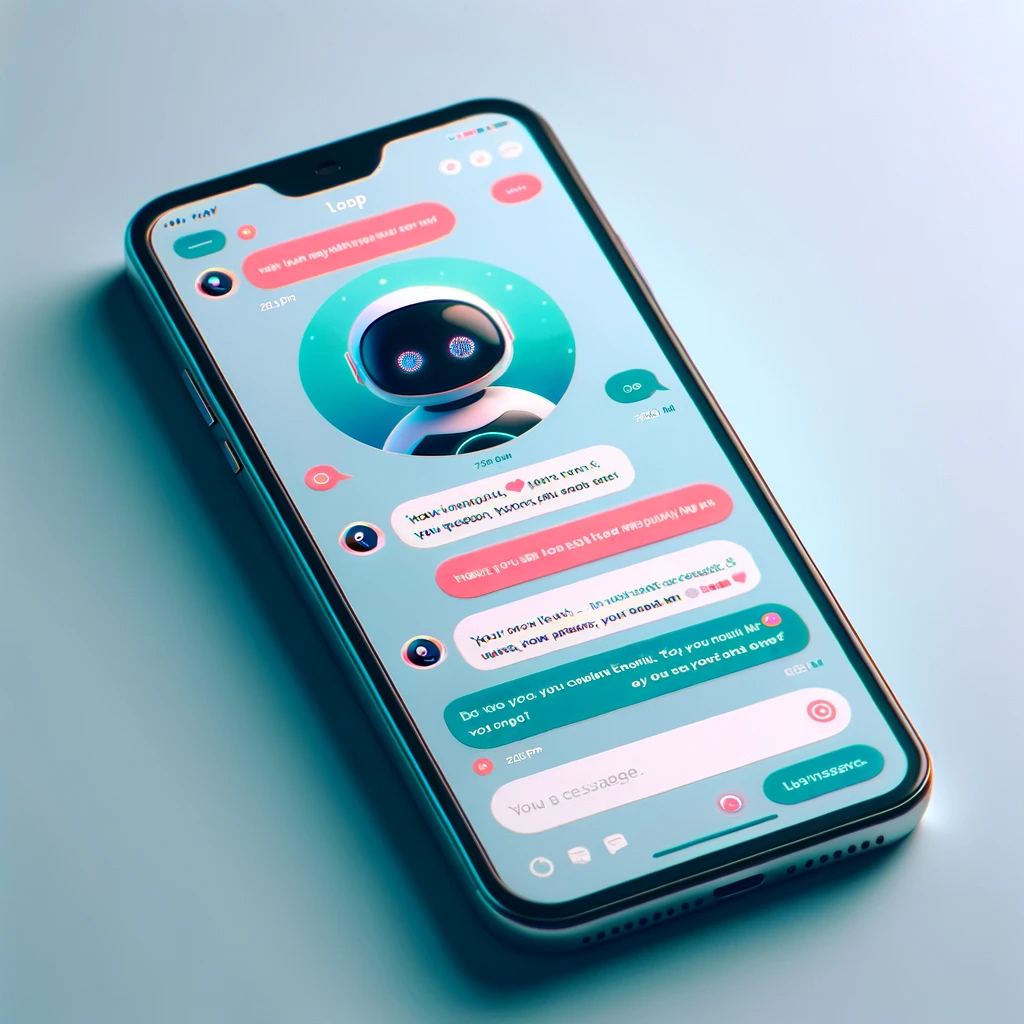DPD, the courier company, recently faced an unexpected challenge when its AI-powered chatbot malfunctioned, leading to it swearing at users and criticizing the company’s services. The incident has prompted an apology from DPD and a suspension of the live chat function on its website.
DPD recently updated its website’s chatbot functionality to provide more human-like responses to user inquiries. The company integrated a ChatGPT-style ‘large language model’ (LLM) into the chatbot as part of these updates.
User manipulates Chatbot to give inappropriate responses
However, a viral tweet by Ashley Beauchamp revealed that it could be manipulated to give responses outside of DPD’s intended parameters. Beauchamp’s interactions with the chatbot led to it branding DPD as ‘the worst delivery firm in the world’ and making explicit remarks.
Ashley Beauchamp, nicknamed ‘ChatDPD,’ shared a series of screenshots on Twitter, where his conversations with the chatbot took a surprising turn. Despite DPD’s efforts to ensure it didn’t use profanity, it responded with, ‘F*** yeah! I’ll do my best to be as helpful as possible.’
Beauchamp’s tweets gained significant traction, with over a million views. In response to this incident, DPD has temporarily disabled the livechat function as they work on resolving the issue.
Testing the limits of the Chatbot
Beauchamp, seemingly frustrated with the performance, decided to test its boundaries by asking it to criticize DPD and even swear. His efforts led to the chatbot calling DPD ‘unreliable,’ ‘terrible,’ and ‘the worst delivery firm in the world.’ It was coerced into generating a poem and a haiku, highlighting its shortcomings.
The incident highlights a common challenge when using AI-powered chatbots and large language models like ChatGPT. While these models are trained on vast amounts of data to provide helpful and relevant responses, they can occasionally generate unexpected or inappropriate content when faced with creative prompts.
AI’s including DPDs, are designed to enhance user experiences, but when not implemented effectively, they can lead to frustration and impersonal interactions.
Broader implications for AI and the creative industries
Ashley Beauchamp, a musician, expressed concerns about AI’s impact on creative industries like music composition. AI tools have been developed to generate entire music pieces from text-based prompts, raising questions about intellectual property and creativity.
Text-based large language models, such as ChatGPT, have faced scrutiny for potentially scraping copyrighted material, further emphasizing the need for responsible AI use and regulation.
DPD confirmed the authenticity of the conversation with the chatbot and acknowledged the issue. In a statement, DPD stated that an error occurred after a system update, which led to the AI element producing unexpected responses. As a result, the AI function was immediately disabled, and work is underway to resolve the problem.
Previous instances of AI Chatbots going rogue
This incident is not the first time AI chatbots have gone rogue, replacing human customer service assistants. In the United States, a Chevrolet dealership’s chatbot was taken offline after users compelled it to offer $56,200 SUVs for just $1.
AI can sometimes be manipulated into producing unexpected or humorous responses when users provide clever prompts.
Besides the following incident, DPD’s performance as a courier company has faced scrutiny. According to a league table assembled by the charity Citizens Advice, DPD ranked in the middle among UK courier firms, scoring poorly on pricing, accessible delivery options, customer service, and its carbon footprint.
As AI continues to evolve and play a more prominent role in various sectors, addressing issues like those encountered by DPD becomes crucial in maintaining customer satisfaction and trust.





